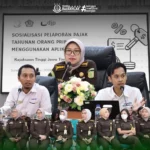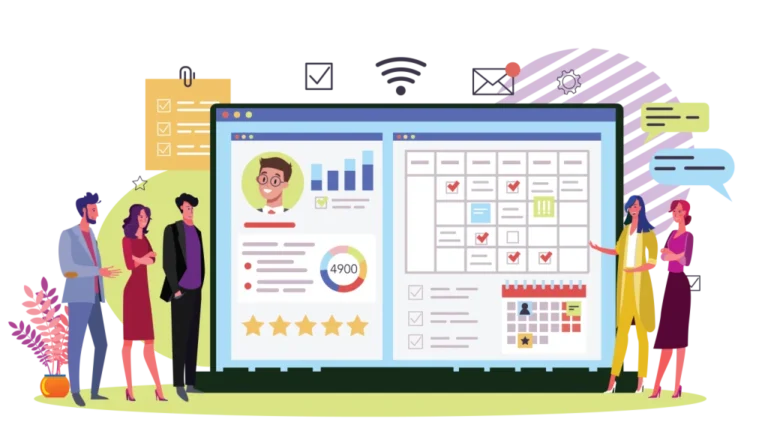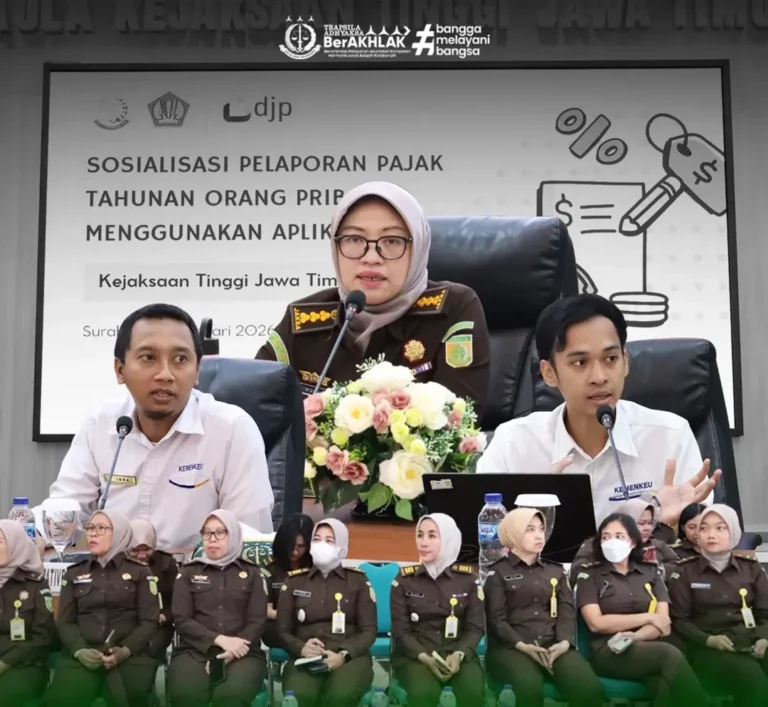In the Australian vocational education and training (VET) landscape, Registered Training Organisations (RTOs) play a critical role in providing quality education and training to students. However, one challenge that many RTOs face is ensuring that all learners—especially those with language, literacy, and numeracy (LLN) difficulties—can access and successfully complete their training programs. This is where LLN Specialist Support comes into play, offering RTOs a crucial tool for improving student outcomes, ensuring compliance with regulatory requirements, and enhancing overall learning experiences.
In this article, we’ll explore the importance of LLN support for RTOs, how it benefits students, and why it’s essential for compliance with national training standards in Australia.
Understanding LLN in the RTO Context
Language, literacy, and numeracy (LLN) skills are fundamental for success in both education and the workplace. LLN encompasses the skills needed to effectively communicate, read, write, and work with numbers in a variety of contexts. For students enrolled in VET programs, these skills are vital for understanding course content, completing assessments, and performing tasks in a real-world job setting.
RTOs are required to ensure that all learners, regardless of their background or ability, have the opportunity to achieve their qualifications. This includes providing adequate support to learners who may struggle with LLN skills, ensuring they don’t fall behind or become disengaged with their studies. Providing specialized LLN support is not just a “nice-to-have” feature—it is a vital component of an inclusive and equitable education system.
The Role of LLN Specialist Support in RTOs
LLN Specialist Support involves tailored assistance from professionals trained in helping students overcome barriers related to language, literacy, and numeracy. RTOs can work with LLN specialists to offer the following types of support:
1. Pre-Training Assessment
Before students commence their training programs, it’s important for RTOs to assess their current LLN levels. This assessment helps identify learners who may need additional support. LLN specialists can carry out these assessments, providing insights into each learner’s individual needs and allowing RTOs to create a more customized learning experience.
2. Individualized Support
Not all students will require the same level of LLN support. LLN specialists can provide one-on-one or small-group sessions to target specific areas of weakness in language, literacy, or numeracy. This personalized approach allows students to build confidence in their skills and progress at their own pace without feeling overwhelmed.
3. Support During Training Delivery
LLN specialists can assist students throughout the duration of their training by working alongside trainers and assessors to ensure that learning materials and assessments are accessible. This may involve modifying training materials to suit different learning styles, simplifying language, or providing additional resources to support students in understanding key concepts.
4. Workshops and Training
LLN specialists can also deliver workshops and specialized training programs to address common LLN challenges faced by learners in specific industries. These workshops can focus on industry-specific vocabulary, mathematical concepts, or writing skills, helping students build the relevant skills they need for their careers.
5. Assisting with Assessment
LLN specialists play a key role in ensuring that assessments are fair and accessible for all learners. They can provide guidance to students on how to approach written assessments or numeracy-based tasks, ensuring that students with LLN challenges have an equal opportunity to demonstrate their skills.
6. Ongoing Monitoring and Support
Effective LLN support doesn’t end once a student has received assistance—it requires continuous monitoring and adjustment. LLN specialists can track the progress of students throughout their training, offering ongoing feedback and adapting support as needed to ensure student success.
Benefits of LLN Specialist Support for RTOs
1. Improved Student Outcomes
By addressing LLN barriers early on and throughout the training process, RTOs can help students achieve better results. Students who receive the appropriate support are more likely to complete their courses, perform well in assessments, and ultimately gain the qualifications they need for employment.
2. Increased Engagement and Retention
When students feel supported and empowered, they are more likely to remain engaged in their studies. LLN support not only boosts students’ confidence but also helps reduce the risk of disengagement or dropout, ensuring higher retention rates for RTOs.
3. Compliance with ASQA Standards
The Australian Skills Quality Authority (ASQA) requires RTOs to support students with diverse learning needs, including those with LLN challenges. By offering LLN specialist support, RTOs ensure compliance with the Standards for RTOs 2015, particularly the requirements around providing equitable access to training and support. Non-compliance with these standards can result in audit failures and loss of accreditation, making LLN support an essential aspect of maintaining regulatory compliance.
4. Enhanced Reputation and Credibility
RTOs that provide comprehensive support for LLN learners demonstrate their commitment to inclusive education and student success. This helps build a positive reputation in the industry, attracting students who are seeking training providers that understand and cater to their unique needs.
5. Workplace Preparedness
For many students, the ultimate goal of completing VET training is to enter the workforce. By providing LLN support, RTOs help students develop the skills necessary not just to pass assessments, but to thrive in real-world job settings. Whether it’s understanding workplace instructions, communicating effectively with colleagues, or using numeracy in a practical context, LLN support ensures that students are job-ready.
Why LLN Support is Essential for Every RTO
As Australia’s workforce becomes increasingly diverse, the need for RTOs to provide equitable and inclusive training has never been more critical. Many students come from backgrounds where LLN skills are underdeveloped, whether due to cultural, educational, or social factors. Without adequate support, these students are at a disadvantage and may struggle to complete their training, leading to lower qualification completion rates and limited employment opportunities.
LLN specialist support empowers RTOs to provide the necessary accommodations and resources for these learners, ensuring that they can successfully navigate their training programs and progress into their careers. Moreover, it allows RTOs to meet their compliance obligations, creating a more sustainable and reputable training organization.




